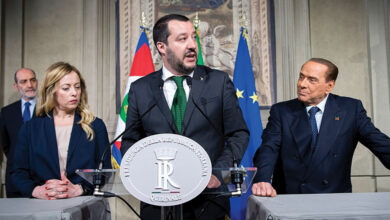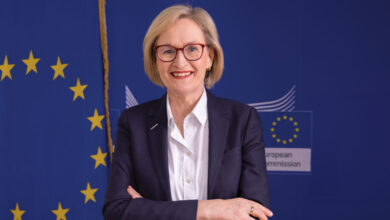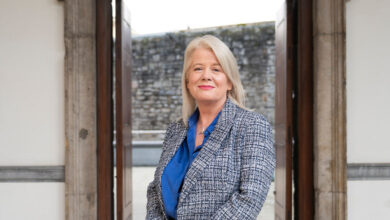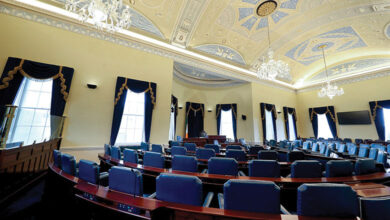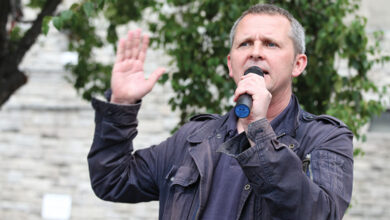Copyright’s dual purpose
 A balance must be found between copyrighting original works and allowing innovation through the use of such content, writes Minister of State for Research and Development Seán Sherlock.
A balance must be found between copyrighting original works and allowing innovation through the use of such content, writes Minister of State for Research and Development Seán Sherlock.
Aristotle once said that all men by nature desire knowledge. This being the case, we are fortunate that the opportunities of obtaining knowledge have never been so accessible. We are some 20 years into the online information revolution and in such momentous developments, history teaches that this early stage is merely the start of a continuing period of transition.
The internet has been the catalyst for innovation which is hardly surprising considering its developing interactive possibilities. Gone are the days of the big desk-bound computer, record players and all the other soon-to-be dinosaurs. Applications to exploit the internet’s potential are created every day, particularly in the business world. The immediate access to information allowed by the internet has given rise to countless businesses, particularly in the e-commerce field.
Engaging with the internet is not without its problems. Lack of technical skills or the cost of online access or availability of broadband are all important issues. Thank goodness for our public libraries. But, for some, there is another fly in the ointment: copyright. It is seen by them as a chilling influence on the development of the new order. It is my opinion that this shows a serious misunderstanding of the role of copyright.
Copyright has a dual purpose. While it protects the rights of the authors of original works and those who invest in bringing those works to the public, it also promotes innovation by respecting the rights of both the creators and those who would build on, and experiment with those copyrighted works. After all, it was Isaac Newton who said: “If I have seen further, it is by standing on the shoulder of giants.” This balance is the essential feature of copyright law.
It is enabled by a system of copyright exceptions. This might be seen as the other face of the copyright regime. The exceptions and limitations to copyright have been developed in parallel to authors’ rights since the beginnings of copyright and their purpose is to try to provide fairness and encourage innovation. These exceptions generally include educational or archival institutions, libraries, and ‘fair dealing’ purposes such as news, research, criticism or review. Such purposes are recognised as being for the common good of society as a whole. The consensus seems to be that at least a minimum balance between these two different interests should be maintained. Finding the optimum balance is the Holy Grail of copyright.
However changed the ways of accessing and using information and content, certain central realities remain. There must be encouragement and reward for those whose efforts create and foster original works. Growth in digital media is dependent on quality content and new technologies only succeed because of the content they give access to. Balanced against this, innovation, which may involve certain use of such content, has to be advanced or the next round of innovation is stymied and opportunities and jobs are lost. The interests of consumers and citizens have to be taken into account.
How best to accommodate all these diverse interests in the digital world is being debated worldwide. Most countries are bound by international copyright agreements, most notably the Berne Convention and the World Intellectual Property Organisation treaties and, in the case of countries of the European Union, also by the various harmonising directives. Nonetheless, it is vital that we maximise to the greatest extent possible, the online opportunities for creation and innovation and user engagement. The balance of interests needs reassessment on a continuous basis to ensure the copyright trade-off is delivering. For this reason, an independent review of Irish copyright and innovation issues has been underway since May 2011 by the Copyright Review Committee led by Dr Eoin O’Dell with committee members Patricia McGovern and Professor Steve Hedley. Their paper may be accessed at www.djei.ie/science/ipr/crc.htm
Digital information, in its possibilities and diversity, will lead to new purposes and application and the copyright balance must play its role in these developments.

